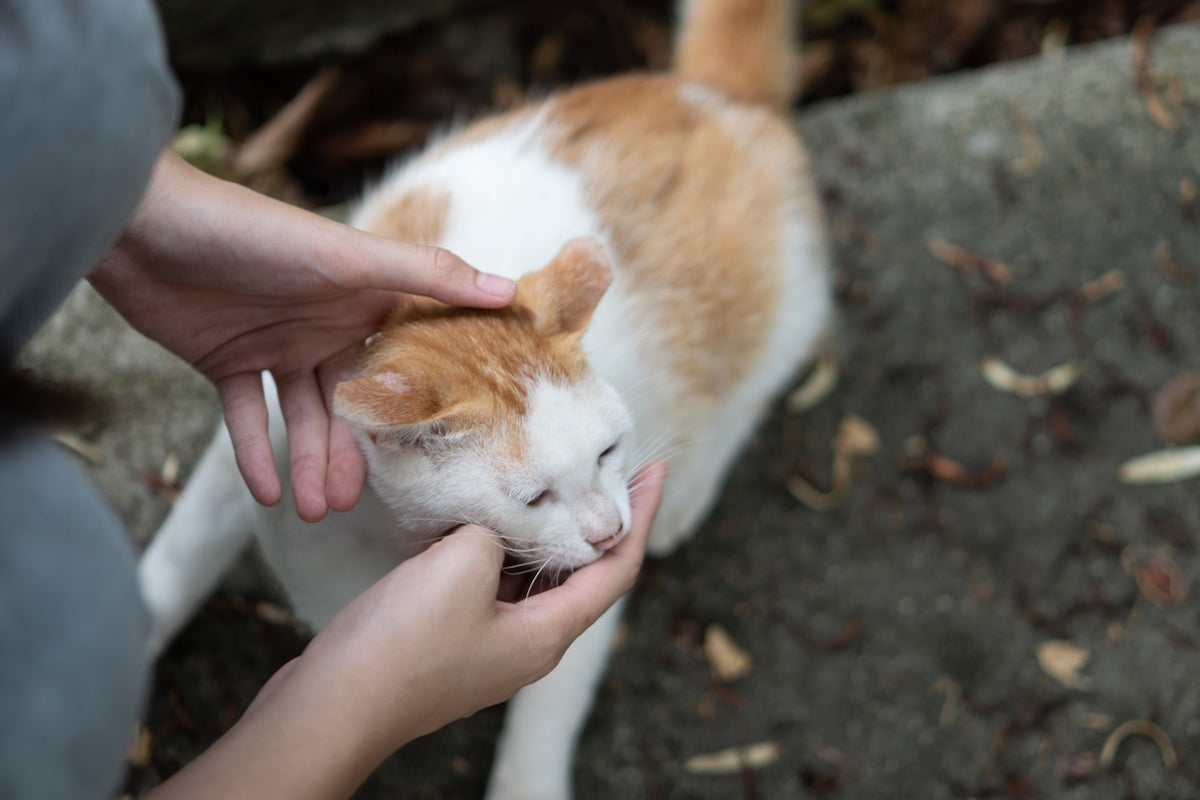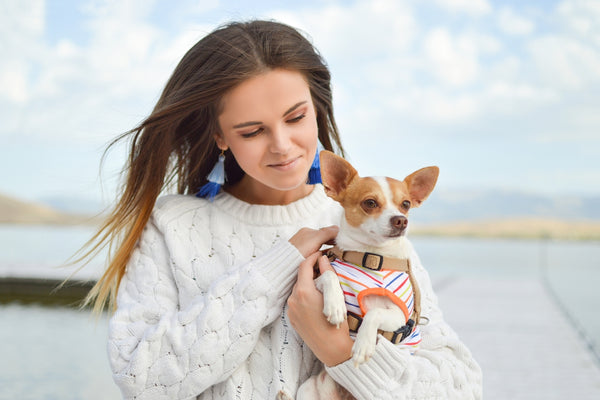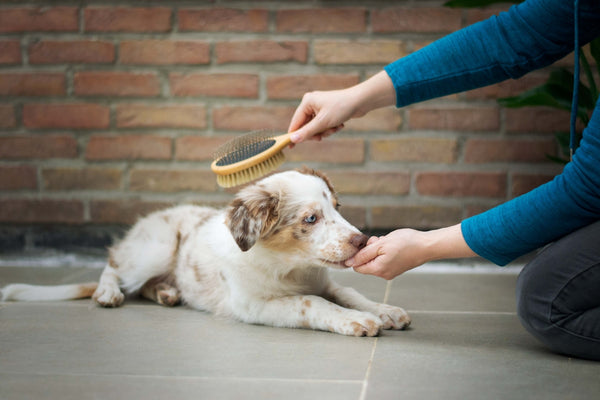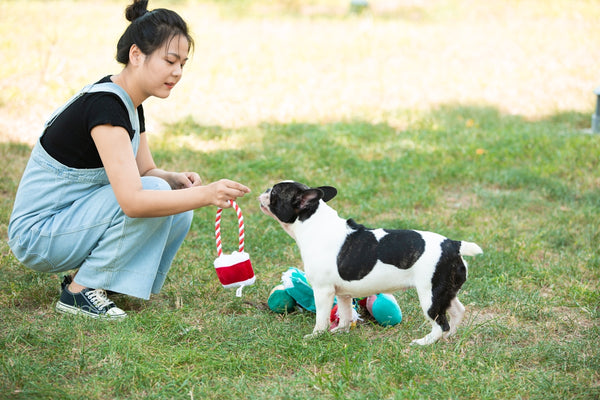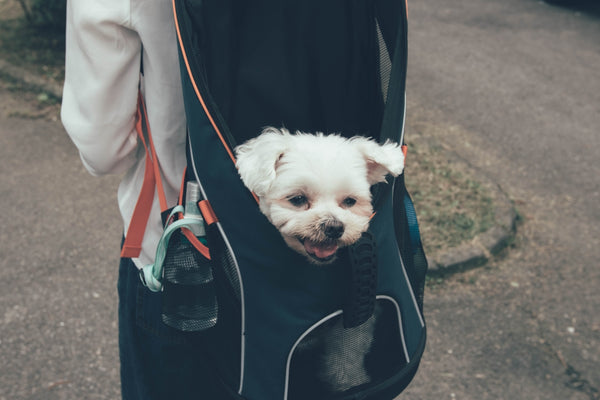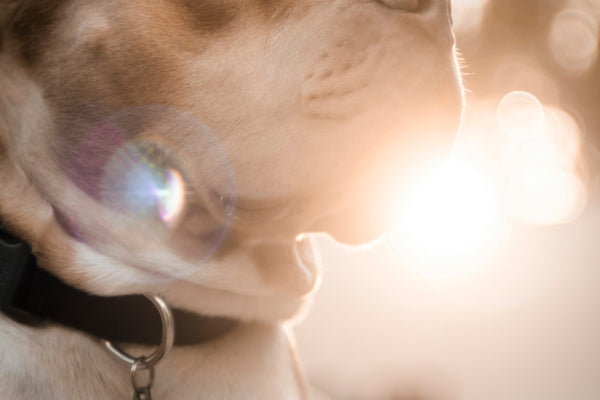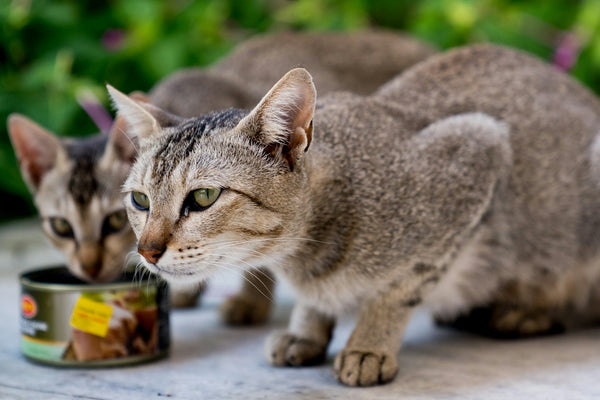As our beloved pets enter their golden years, their nutritional needs often change, requiring a more tailored approach to their diet and care. Just like people, senior pets may need a little extra attention when it comes to nutrition to maintain their health and well-being. In this blog post, we will explore some effective nutritional enhancements that can support your aging furry friends.
Understanding Senior Pets’ Nutritional Needs
Senior pets, whether they are dogs or cats, often have different caloric and nutritional requirements compared to their younger counterparts. Aging can bring about changes in metabolism, energy levels, and overall health, making it crucial to adjust their diet accordingly. Here are some key considerations:
- Protein: Older pets may benefit from a moderate increase in high-quality protein to help maintain muscle mass.
- Fatty Acids: Omega-3 and omega-6 fatty acids can support joint health and may improve coat condition.
- Fiber: A diet higher in fiber can promote healthy digestion, which is essential as pets age.
Tips for Implementing Nutritional Enhancements
- Consult with Your Veterinarian: Before making any significant dietary changes, it's wise to discuss them with your vet. They can provide recommendations tailored to your pet's specific needs and health status.
- Choose the Right Products: Investing in the right feeding accessories can simplify feeding routines and ensure your pet receives the appropriate portions.
- Consider using a Smart Wi-Fi Pet Feeder with 3L Capacity for consistent and timely feeding, which can be particularly beneficial for maintaining a steady diet regimen for senior pets.
- Incorporate Supplements Thoughtfully: Supplements such as glucosamine and chondroitin can support joint health, while antioxidant-rich ingredients can benefit overall health.
- Ensure Hydration: Proper hydration is crucial, especially as pets age. Providing fresh water is a must. A PetHydrate Automatic Cat Bowl & Water Fountain can encourage pets to drink more by offering fresh, circulated water.
Monitoring and Adjusting the Diet
It's important to closely monitor your senior pet's response to dietary changes. Watch for signs of improved vitality, coat condition, and overall well-being. If you notice any adverse reactions or lack of improvement, a follow-up consultation with your veterinarian is essential.
In conclusion, enhancing the nutritional plan for your senior pet can be a rewarding process that improves their quality of life. Taking the time to understand their specific needs and making gradual adjustments can lead to a happy and healthy life. For more resources and products to help your furry friends thrive, visit MyPetCollective.
